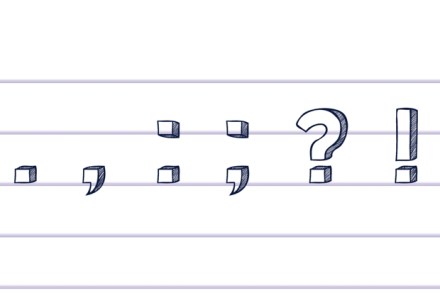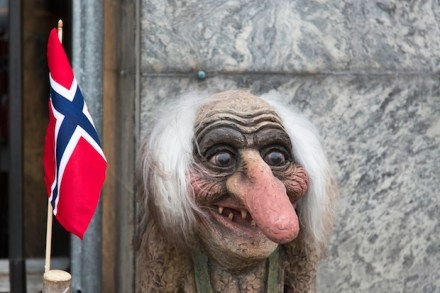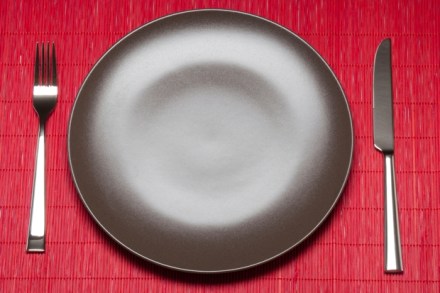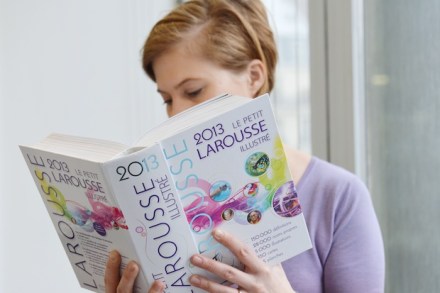How to stop being scared of full stops
Typical mother-to-mother email, January weekday, 2015: ‘Thanks so much for helping out yesterday, Jamie had a great time with you all, thanks also for bringing his games kit home, let me know if you need me to help tomorrow… xx’ Emails and texts like this, flitting across the ether in their thousands, demonstrate the free-flowing currency of helpfulness — mother going the extra mile for mother, in her Volvo, every day — in school-run land. But have you noticed the appalling punctuation? The use of the ‘weak comma’, or ‘splice comma’, where there should be full stops? My guess is that you have, especially if you are over 45 and

















